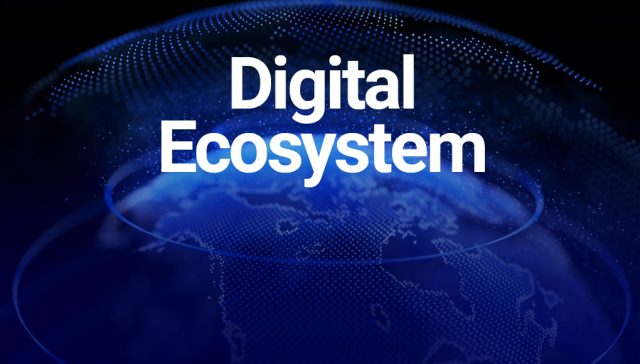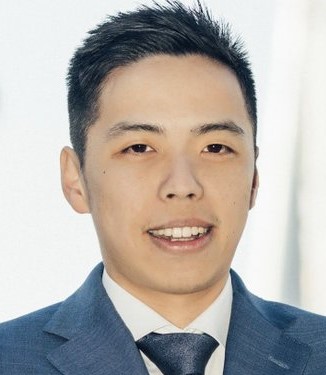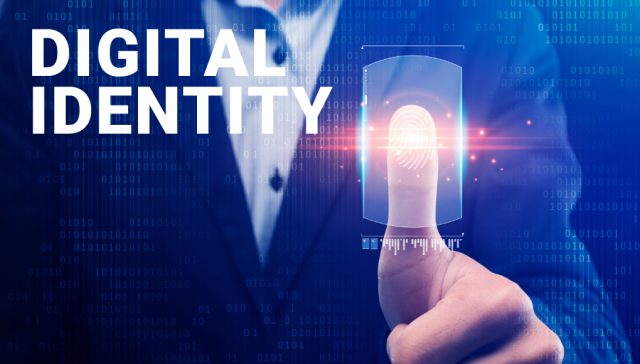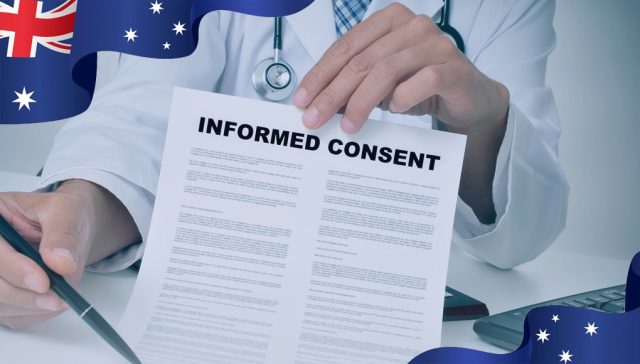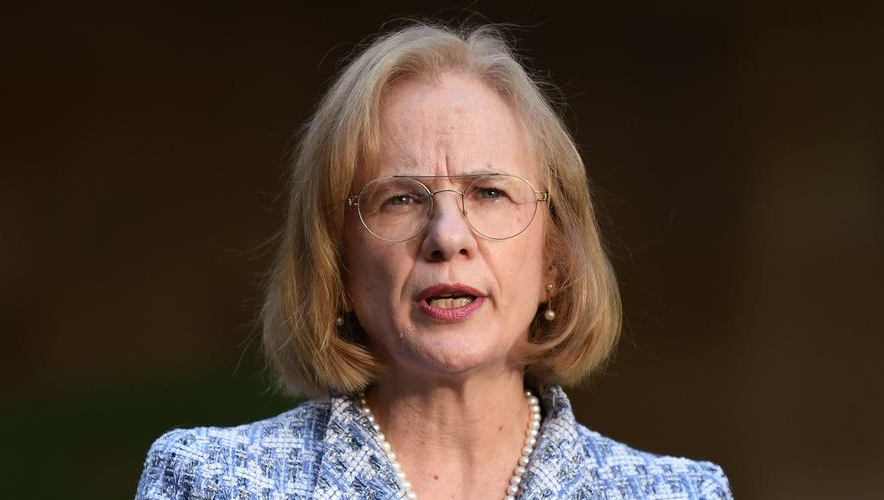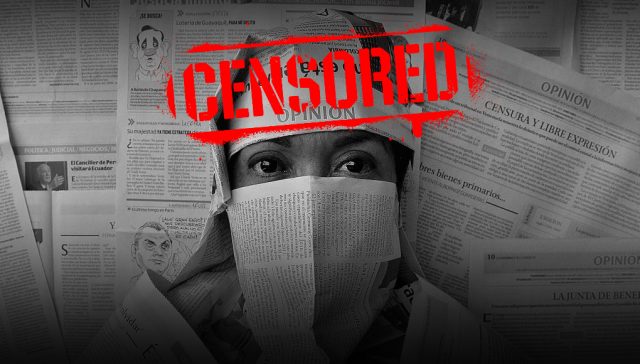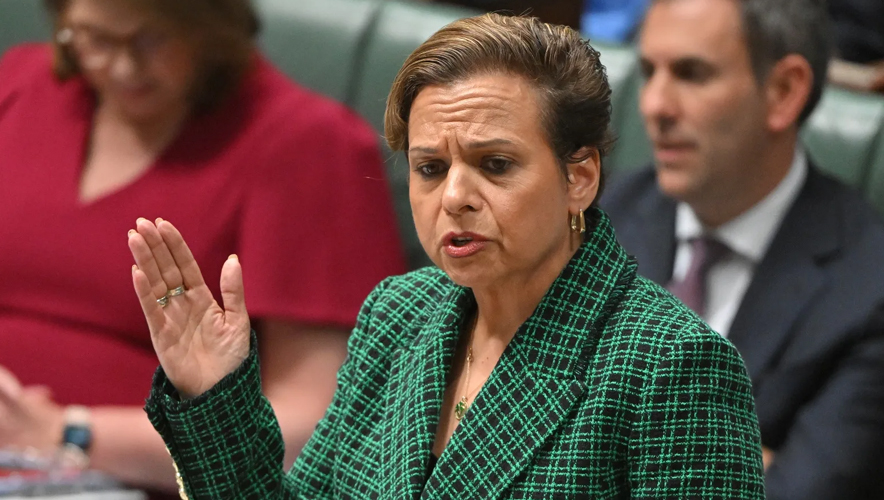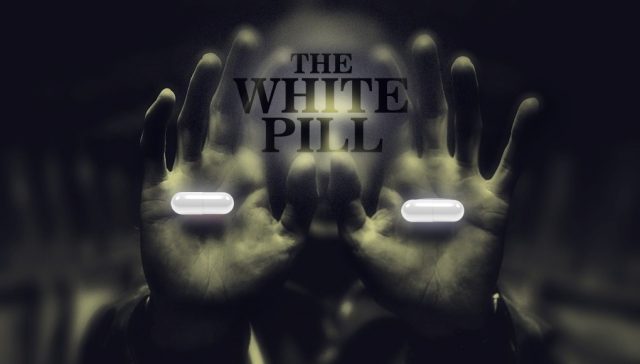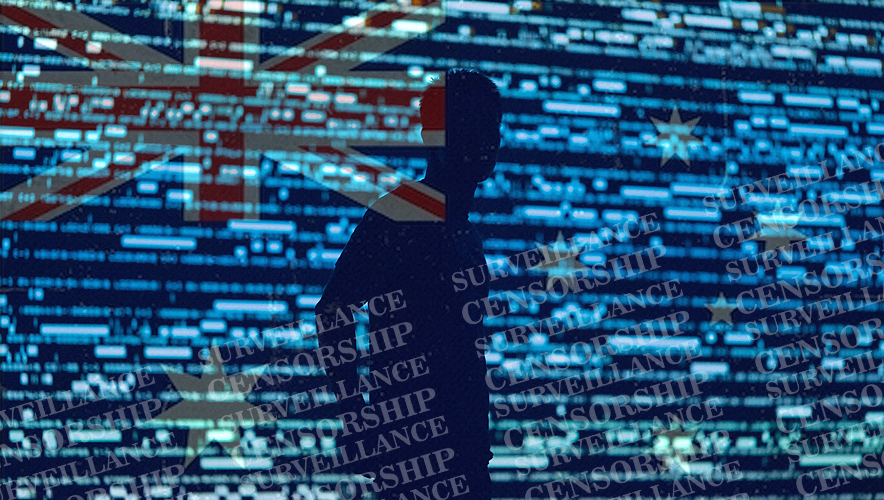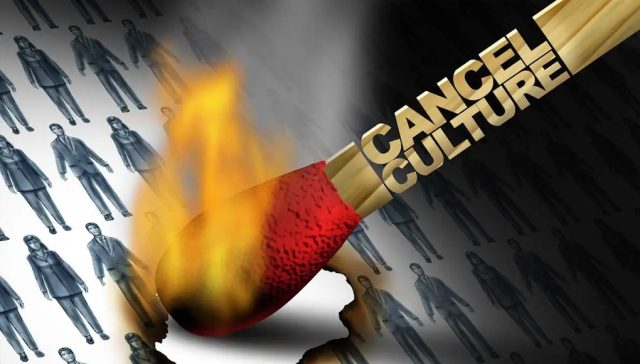Is “Freedom” a Non-Word?
The past few years have prompted a more focused view upon the word Freedom and all that it entails. Covid lockdowns along with coercive directives to take a new and warp-speed developed vaccine to “save Grandma” have been at the core of it.
When I ran as a candidate in Australia’s federal election in 2022 for the United Australia Party, I was one of four freedom candidates vying in my electorate of Lilley. One day on pre-poll, I approached a journalist from one of our major newspapers to ask why we were being ignored by the press, and the public not afforded the opportunity to hear what we had to say. His response was to cast his arm widely over the throng of people lining up on a very wet and wild day to say that we were irrelevant, and that what all those people out there were interested in was only “red” and “blue.”
We need to look to the innovation, strength, resilience, valour and honour of past heroes and heroic deeds if we are to reclaim our own worth.
After explaining to him why I was standing up for our freedoms and challenged him to tell me why the people didn’t have the right to hear our messages, he told me: “Freedom is a non-word.”
Naturally I disagreed, and the historian in me tried to appeal to his better judgement, given that his own career reflected the freedoms available to him to pursue a path to write and communicate his thoughts and ideas.
If Freedom was indeed a non-word, we wouldn’t be beneficiaries of the ancient Greeks’ idea of democracy, nor of the political system we inherited from the Romans, which was created to ensure the people had a voice and for the three levels of government to remain separate.
Imagine telling Socrates, the man who questioned everything and who encouraged others to do the same, that the word Freedom meant nothing at all? I doubt he would have needed hemlock to see his last day – the shock would have taken him out.
Almost four years have gone by since our world changed, and many people have forgotten about the egregious rules and punishments that were handed down from on high. They have proceeded to carry on with their lives, tut-tutting those of us who remind them of just what the government overlords did.
If Freedom was indeed a non-word, we wouldn’t be beneficiaries of the ancient Greeks’ idea of democracy, nor of the political system we inherited from the Romans
Australians are by nature laid back. Sadly, that proved more true than many of us thought possible when the majority knelt before the altar of the Leviathan.
The future may look grim as we watch our inherent rights taken away from us, but I continue to look to the wisdom and foresight of the ancients as they navigated their own way through the quagmire of tyranny and oppression. We need to look to the innovation, strength, resilience, valour and honour of past heroes and heroic deeds if we are to reclaim our own worth.
Because history does matter. And so does freedom.
When the Gauls razed Rome to the ground in 390 BC, the general, Camillus, had to restore faith in the soldiers and the people to continue to defend and believe in their own freedoms. Many wanted to leave the ruins and rubble of their beloved Rome, but Camillus would have none of that, stating:
“Must it be seen that Gauls could tumble Rome to the ground, while Romans are too weak to lift her up again?”
It is my hope that one day soon our nation will wise up enough to do the same heavy lifting which is required to reclaim what is rightfully ours, and what is absolutely a word unto itself – Freedom.

Gerardine is a Roman historian, with specific interest in Rome’s foundation up to the end of the Republic. She advocates that history gifts us with wisdom for the mind and nourishment for the soul, and keenly defends the ancients’ legacy of civic society, law, and government.






